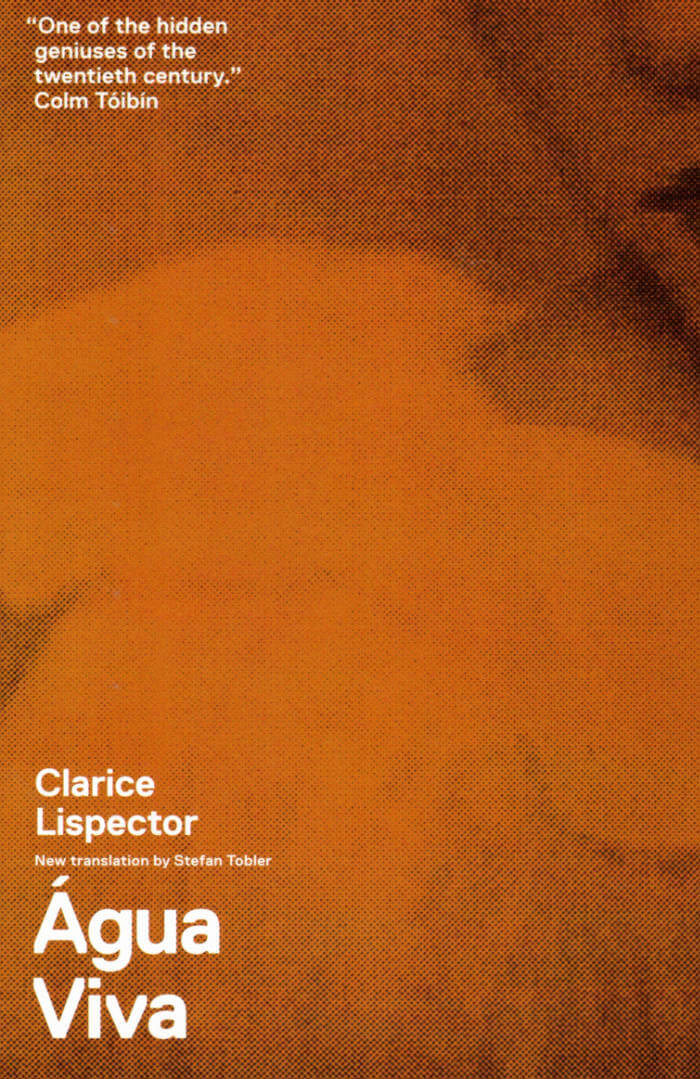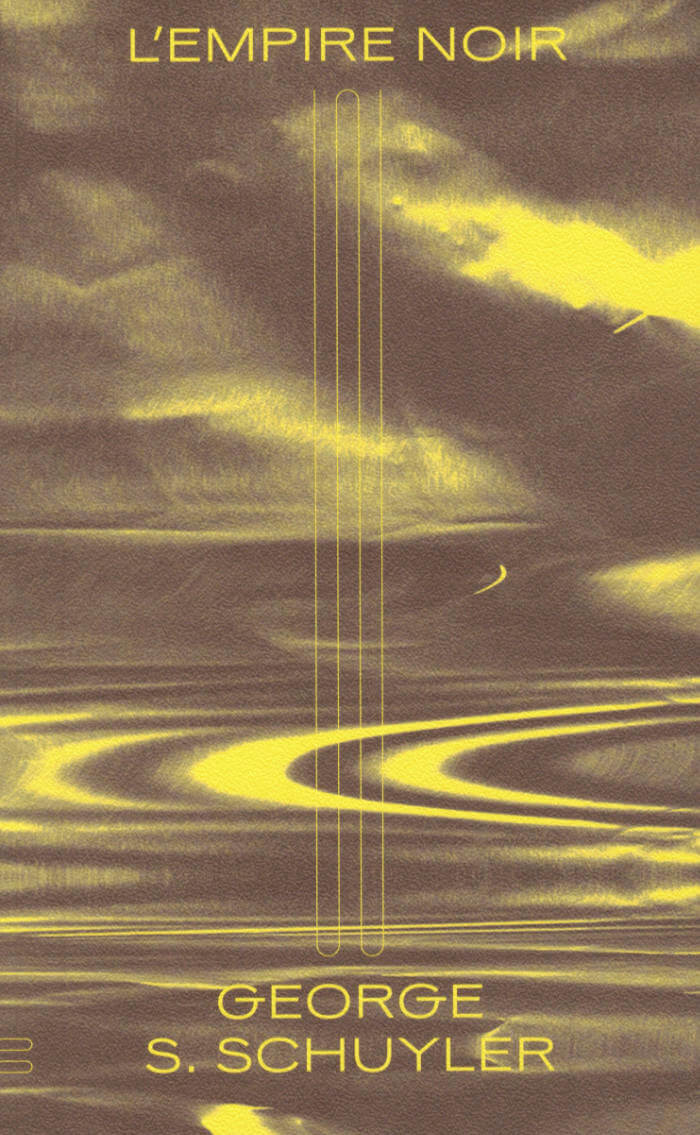
Where the Bird Disappeared
This lyrical novel, set in the surroundings of the Palestinian village of Zakariyya, weaves a narrative rich in sensory detail yet troubled by the porousness of memory. It tells the story of the relationship between two figures of deep mythical resonance in the region, Yahya and Zakariyya, figures who live in the present but bear the names—and many traits—of two saints. Ranging from today into back to pre-1948 Palestine, the book presents both a compelling portrait of a contemporary village and a sacred geography that lies beyond and beneath the present state of the world. Sensual, rich in allusion, yet at the same time focused on the struggles of today, Where the Bird Disappeared is a powerful novel of both connection and dispossession.
Ghassan Zaqtan (Arabic غسان زقطان) is a Palestinian poet, author of ten collections of poetry. He is also a novelist, editor. He was born in Beit Jala, near Bethlehem, and has lived in Jordan, Beirut, Damascus, and Tunis.




